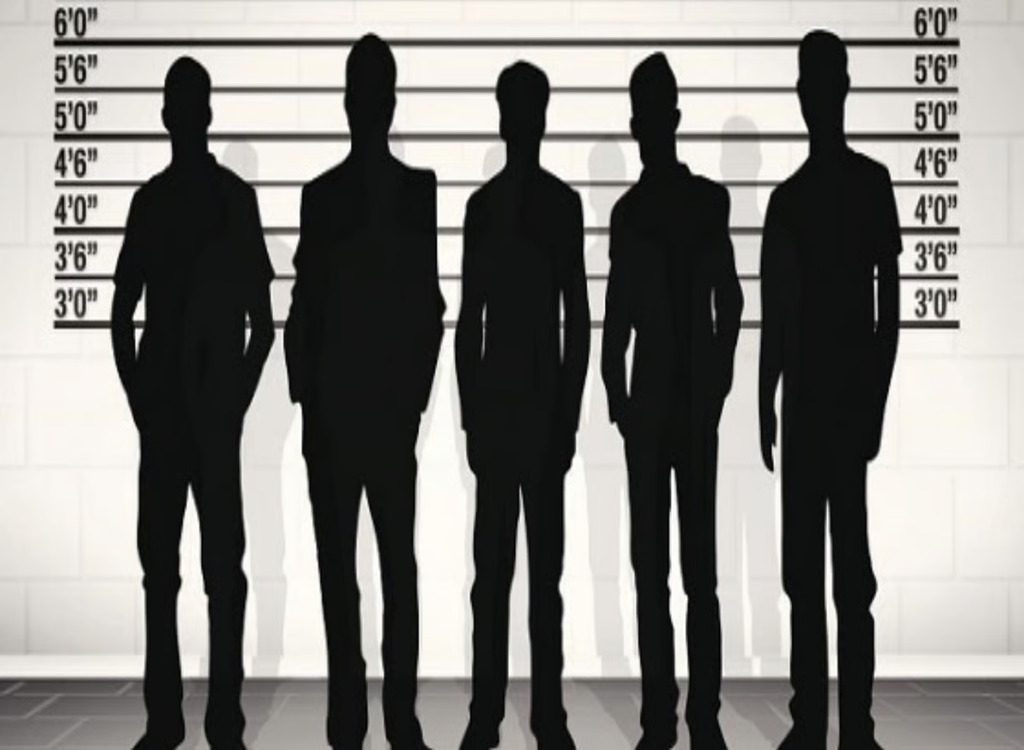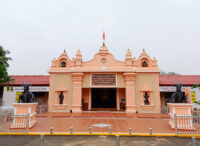Sri Lanka’s Identification (ID) parade system, a cornerstone of criminal investigations, is under severe threat due to logistical shortcomings, insecure infrastructure, and growing interference from social media, legal experts have warned.
During the 47th session of the Bar Association of Sri Lanka (BASL) webinar series, senior attorneys, including Neville Abeyratne (PC), Ravi Matugama, and Sanjaya Gamage, highlighted systemic weaknesses in the way ID parades are conducted, calling for urgent reforms to protect their fairness and credibility.
The discussion was moderated by Attorney-at-Law Ashan Nanayakkara.
Attorney-at-Law Ravi Matugama noted that while Section 124 of the Code of Criminal Procedure Act provides for holding ID parades, it lacks procedural clarity, forcing courts to rely on judicial precedents and police departmental rules.
He emphasized that inadequate facilities, insufficient secure spaces in court premises, and difficulties in finding suitable “stand-ins” for suspects regularly disrupt proceedings.
Attorney-at-Law Sanjaya Gamage stressed that ID parades must be held in controlled environments, with proper lighting and sealed doors and windows to prevent external viewing.
Any breach of these conditions, he warned, could invalidate the process.
Matugama recounted instances where parades were cancelled, including a case involving a Buddhist monk, because no appropriate stand-ins could be located, illustrating recurring operational challenges for the judiciary.
Experts also highlighted the impact of social media on ID parades.
Widespread circulation of suspects’ photographs, particularly on Facebook, risks biasing witnesses and undermining the credibility of the identification process.
“When a suspect’s photograph is already public, the validity of the ID parade becomes questionable,” Matugama said.
While an ID parade is not substantive evidence, it remains a critical measure of witness credibility.
However, systemic and logistical weaknesses — compounded by social media exposure — are increasingly threatening the fairness of criminal trials, delaying proceedings and prolonging remand custody.
The panel concluded that without urgent procedural reforms, the ID parade system in Sri Lanka risks collapse.











Leave a comment